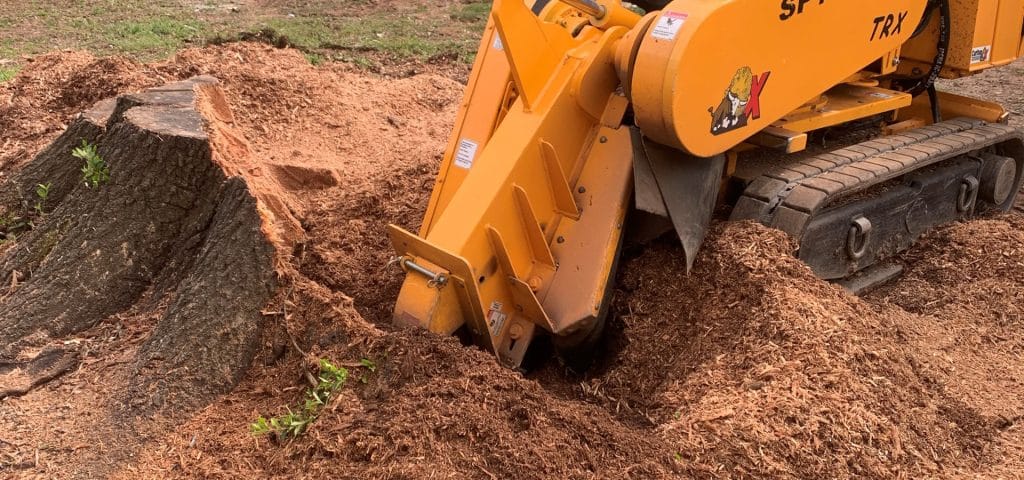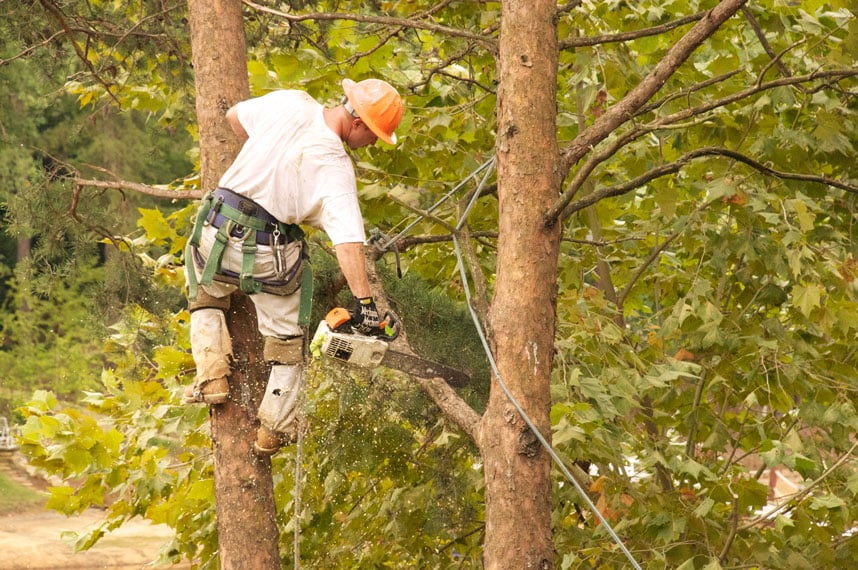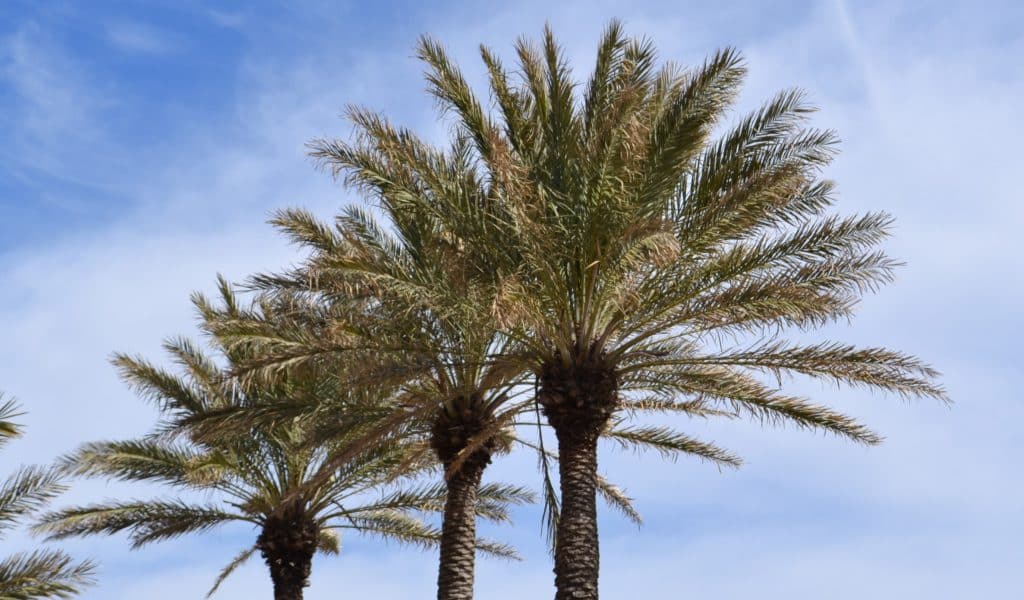Mulch At the Dump
Mulch is important in landscaping because it helps with soil enrichment, moisture retention, and weed control. Mulch from the landfill is a lesser-known yet important source of mulch. This underutilized resource provides anyone working on landscaping projects with a cost-effective and ecologically responsible option. Mulch from the dump contains a variety of organic ingredients and is a less expensive alternative to commercial choices. While it may be derived from green waste dumped at landfills, this mulch acts as a sustainable technique of recycling organic matter, contributing to trash reduction and supporting eco-friendly activities. In this essay, we will look at the benefits, concerns, and practical applications of dump mulch, shedding light on its potential as a valued landscaping material.
Benefits of Using Dump Mulch
Using dump mulch has a number of advantages that appeal to both landscape demands and environmental sustainability. One of the key benefits is its low cost. Dump mulch is sometimes available at substantially lower prices than commercially produced alternatives, making it an appealing option for anyone performing landscaping tasks on a budget. Dump mulch gives significant environmental benefits in addition to financial savings. This mulch supports recycling efforts by reusing green trash from dumps, lowering the volume of organic material in landfills. This eco-friendly strategy promotes the reuse of natural resources while reducing environmental effects.
Furthermore, dump mulch offers a number of possibilities in terms of quality and diversity. Regardless of its sources, it can include a variety of elements, ranging from wood chips to organic matter, that are excellent for a variety of landscaping needs. Its variety promotes soil development, moisture retention, and weed control, resulting in healthier plants and a more visually pleasing environment.
The use of dump mulch not only meets practical landscaping demands, but it also corresponds with ecologically aware decisions, demonstrating how a resource once thought to be garbage can be converted into a beneficial tool for improving outdoor environments while supporting sustainable practices.
Mulch at the Dump
How to Utilize Dump Mulch Effectively
Using dump mulch efficiently entails using suitable application techniques and applying management tactics to optimize its benefits in landscaping undertakings.
Proper Application Techniques: Distribute the mulch evenly around the plants and garden areas. Maintaining a continuous layer of mulch, normally 2-4 inches deep, aids in maintaining soil moisture and reducing weed development.
Avoid piling: Do not build mulch heaps at the bases of trees or plants. Maintain a level mulch layer without producing heavy piles, since this can impede appropriate air circulation and lead to moisture retention, potentially hurting plants.
Mulch Maintenance Suggestions:
Regular replenishment: Dump mulch should be replenished on a regular basis to maintain its efficacy. Mulch decomposes and breaks down over time, thus applying a new layer annually aids in soil moisture retention.
Mulch Turning: To prevent compaction, turn over or rake the mulch on a regular basis. This method aerates the soil beneath the mulch, allowing for increased water penetration and root oxygenation in order to grow stronger plants.
Individuals may efficiently utilize the benefits of waste mulch in landscaping by following these rules for application and upkeep. These methods not only improve the aesthetics of outdoor places, but they also help to improve soil conditions and plant development.
Considerations Before Using Dump Mulch
Potential Contaminants: Chemicals or Foreign Materials: Dump mulch may contain residues of chemicals or alien elements from rubbish disposed of in the dump. Inspect the mulch before using it for non-organic trash or toxins that might be damaging to plants or the environment.
Industrial trash residues: Some disposal sites may accept industrial trash, which may mistakenly end up in the mulch. Assessing the origin and source of the waste mulch might aid in identifying the potential hazards it may contain.
Safe Use Precautions
Protection Equipment: Wear gloves and masks when handling dump mulch to avoid direct contact with and inhalation of any hazardous pollutants.
This preventative practice promotes human safety during mulch application.
Careful Application: Avoid direct contact of dump mulch with food plants or vegetable gardens, especially if the sources of the mulch are unknown. Apply a barrier, such as a layer of clean soil or plastic, to prevent the mulch from coming into touch with food plants.
Individuals may make educated judgments about using waste mulch in landscaping projects by considering these considerations and taking the required measures. While waste mulch may be a valuable resource, proper assessment and safety precautions are required to guarantee its safe and successful use.
Environmental Impact and Sustainability
Dump mulch is made from green waste that is deposited at dump sites. By turning this organic matter into mulch, it promotes recycling activities while minimizing the volume of garbage collecting in landfills. This eco-friendly approach converts wasted green waste into a beneficial resource for landscaping, reducing environmental pollution.
Dump mulch promotes soil health and biodiversity, which is consistent with sustainable methods. Mulch improves moisture retention, controls soil temperature, and inhibits weed development. These functions lead to improved soil structure and plant development, resulting in a healthier ecosystem.
The technique of repurposing organic waste as mulch is a sustainable alternative for controlling green trash. Rather of disposing of these materials, transforming them into mulch is an eco-conscious technique that promotes environmental sustainability by minimizing landfill trash and boosting biodiversity.
FAQS
Is trash mulch safe to use in gardens?
With proper examination and procedures, dump mulch may be used in the garden while being free of toxins.
How frequently should dump mulch be replaced?
Annual replenishment of dump mulch ensures its efficiency in moisture retention and weed control.
Does dumping mulch attract pests?
Well-maintained dump mulch seldom attracts pests, although frequent examination is recommended to avoid problems.
Is waste mulch chemical-free?
While the majority of waste mulch is chemical-free, it’s a good idea to ask about its origin and any pollutants.
What are the primary advantages of utilizing dump mulch?
Dump mulch is a low-cost, environmentally friendly choice for soil enhancement in landscaping projects.
Conclusion
Finally, dump mulch is a low-cost, environmentally beneficial landscaping choice. While it has advantages like moisture retention and weed control, it must be used with caution to guarantee safety and effectiveness. Using dump mulch properly not only improves landscapes but also adds to environmental sustainability by reusing green waste, advocating for eco-conscious activities, and promotes resource reuse for a healthy ecosystem.





